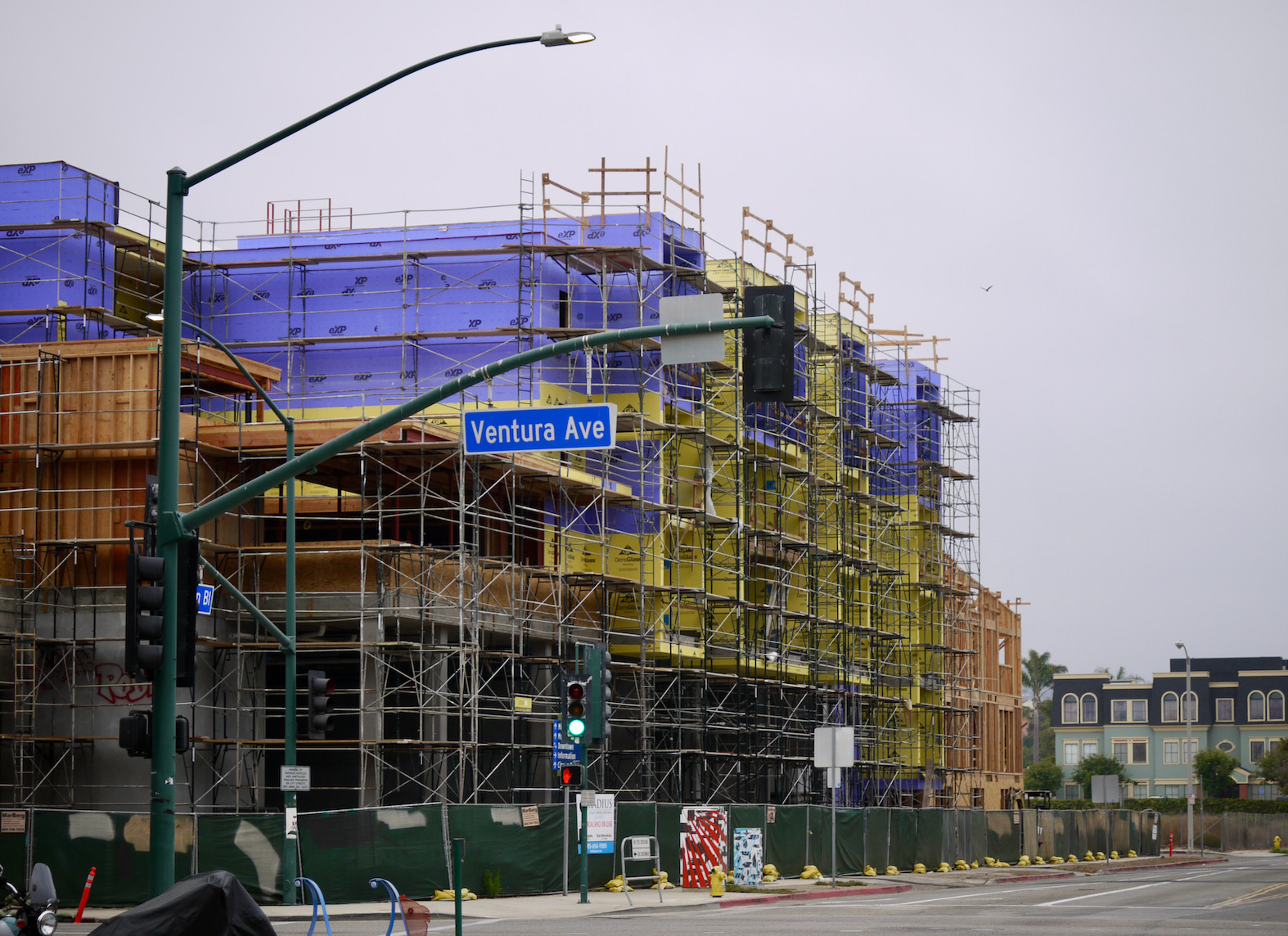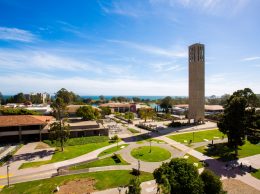New laws could bring more housing, farm unionization
IN THIS ARTICLE
- Latest news Topic
- Tony Biasotti Author
By Tony Biasotti Thursday, October 6th, 2022

Gov. Gavin Newsom signed nearly 1,000 bills into law from the latest legislative session, including a few that encourage building denser housing and one that could give labor unions a new foothold in organizing farmworkers.
The deadline for Newsom to sign bills passed in 2022 was Oct. 1, and by the end of that day, he had signed 997 of them and vetoed 169, according to a news release from his office.
HOUSING
One of the themes of Newsom’s governorship has been a series of carrots and sticks from Sacramento to urge cities and counties to permit more housing. In past years, he has signed bills making it easier to build backyard granny flats, or “accessory dwelling units,” and allowing duplexes on almost any lot zoned for single-family homes.
This year, Newsom signed another set of bills meant to encourage more housing and more housing density.
Two of them — Senate Bill 6 and Assembly Bill 2011 — make it easier to redevelop offices, stores and other commercial developments into housing. Under these laws, residential projects that meet specific criteria for affordability and construction worker wages can be built on commercially zoned land “by right,” which means cities and counties must issue the permits without a lengthy, and often unpredictable, series of approval hearings.
Another new law, Assembly Bill 2097, prevents cities and counties from requiring minimum amounts of parking in new housing developments that are located near public transit.
Chris Thornberg, an economist at UC Riverside and the founder of Beacon Economics, said this year’s new housing laws are “more of the same.”
“They continue to nibble around the edges,” he said of lawmakers’ attempts to solve the state’s shortage of housing. “None of these are big solutions, but it’s definitely a good start.”

Sacramento’s previous attempts at solving the problem, including encouraging granny flats and duplexes, have not resulted in any appreciable increase in the number of permits issued for new housing statewide, Thornberg said.
“The best you can say is they’ve been steady, but they’re still nowhere near where they were in, say, 2005,” he said.
That could be because for everything the state does to push cities and counties toward allowing more housing, local governments devote an equal amount of energy to pulling away from approving more development.
A better approach, Thornberg said, would be the one he takes with his 6-year-old: positive, instead of negative, feedback.
For example, the state’s current tax structure makes retail stores and other commercial developments much better for a city’s finances than new homes. To fix this, Thornberg said, the state could collect all sales tax and allocate it where it’s needed, instead of tying sales tax revenue to the physical location where the goods are sold.
“There’s no win for the cities for allowing housing to get done,” he said. “Instead of constantly passing rules to try to beat cities into submission, you’re better off rewarding them for doing what you want. You could allocate state resources for infrastructure based on housing permits they’ve approved. You want funding from the state? Issue permits. No permits? Screw you.”
FARM LABOR
For the agricultural industry, one of the year’s biggest bills was Assembly Bill 2183, which Newsom signed Sept. 28 after signaling earlier that he might veto it. The bill makes it easier for unions to organize farmworkers, by removing the requirement for a full, secret-ballot election in certain cases.
Employers that agree to a “labor peace compact,” in which they pledge not to campaign against union representation to their workers and to allow union organizers onto their property to talk to employees, would be able to have mail-in elections for their workplaces. Employers that do not agree to those compacts could have their employees unionize through “card check,” in which a union can be established once a majority of employees sign a petition or card in support, without a formal election.
Rob Roy, the president and general counsel of the Ventura County Agricultural Association, said despite these rules being friendlier to union organizers, he doesn’t expect a big wave of newly unionized farms. Membership in the United Farm Workers and other agricultural unions has been dropping for decades, he said, for reasons that have nothing to do with state labor rules.
“I don’t think we’re going to see a significant amount of union organizing under this law,” Roy said. “Our members all have proper handbooks and policies and wage policies everything you need, so that takes away some of the desire for unionization.”
Roy said California growers are at a competitive disadvantage because of the state’s labor laws. One of the provisions of AB 2183 that his group’s members find most concerning is a new process for civil penalties of between $10,000 and $25,000 for labor law violations.
“If you’re a grower and you’re looking at what could potentially happen here, those are very scary propositions,” he said.
EMPLOYMENT
Newsom also signed a slate of new laws affecting all workplaces. One law extends the state’s requirement for COVID-19 sick leave for businesses with more than 25 employees. Another mandates employers to provide up to five days of unpaid bereavement leave for the death of an employee’s family member.
Ryan Haws, an attorney at LightGabler in Camarillo, said one of the bigger new employment laws is Senate Bill 1162, which requires businesses with 15 or more employees to post the pay range for job openings. Workplaces with 100 or more employees will also need to file an annual report with the state breaking down their employees’ median hourly wages by race, gender and job category.
Newsom also signed a bill that will forbid employers from testing job applicants for cannabis, except for the psychoactive THC compound, but that law doesn’t take effect until 2024. Other cannabis compounds stay in the body much longer, so the current tests can detect when someone has used cannabis weeks before, whereas a THC test would only detect if they are currently under the influence.
Haws said he thinks that law is being delayed because the tests for THC “aren’t refined yet.”
Overall, Haws said there were more new employment laws signed this year than in the last couple of years, but that’s because the Legislature was slowed down in 2020 and 2021 by COVID-19.
“If you compared it to the last year or two, this burden is a little heavier, but if you take a look back at years prior to that, I don’t think it’s particularly abnormal,” he said.











